
First-come, first-served registration, which starts 25 August, 18:00 CEST (GMT+2) and lasts until all tickets are sold out.
| Ticket | Regular Price |
|---|---|
| Student | 500 PLN |
| Regular | 1000 PLN |
Missed out on ticket sales? We've set aside a very limited number of tickets just for you. Available from 1 October, 18:00 CEST (GMT+2).
| Ticket | Late Price |
|---|---|
| Student | 1400 PLN |
| Regular | 1400 PLN |
Separate registration for tutorials. Starts 1 October, 18:00 CEST (GMT+2). Some tutorials are free of charge.
| Ticket | Price |
|---|---|
| Student | 60 PLN |
| Regular | 120 PLN |
Please note that attending tutorials requires separate tickets.
ML in PL Conference 2025 is the 9th edition of an annual conference focused on the best of Machine Learning both in academia and in business. Join us and...
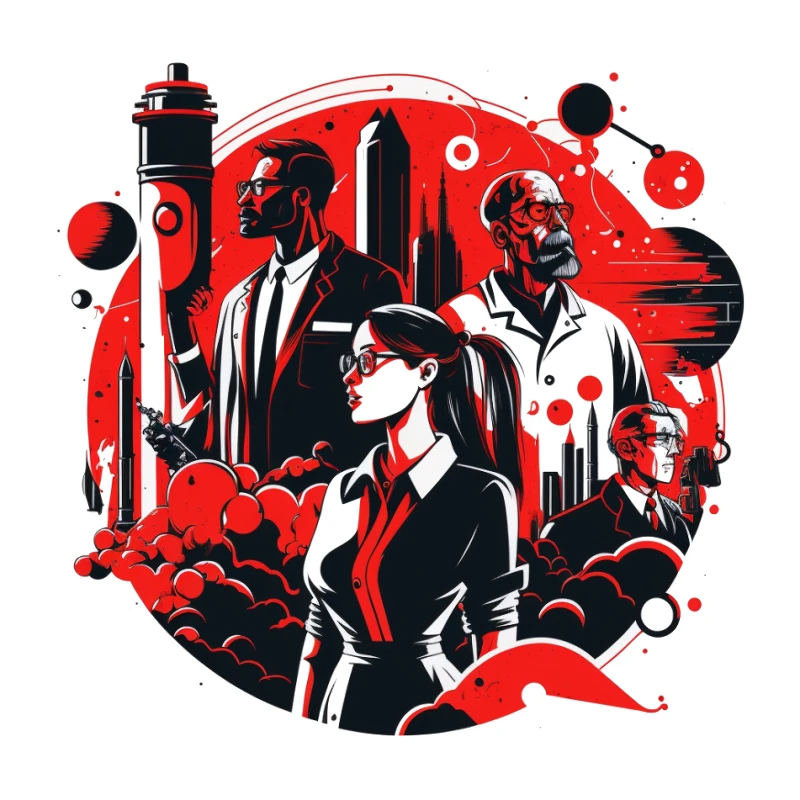
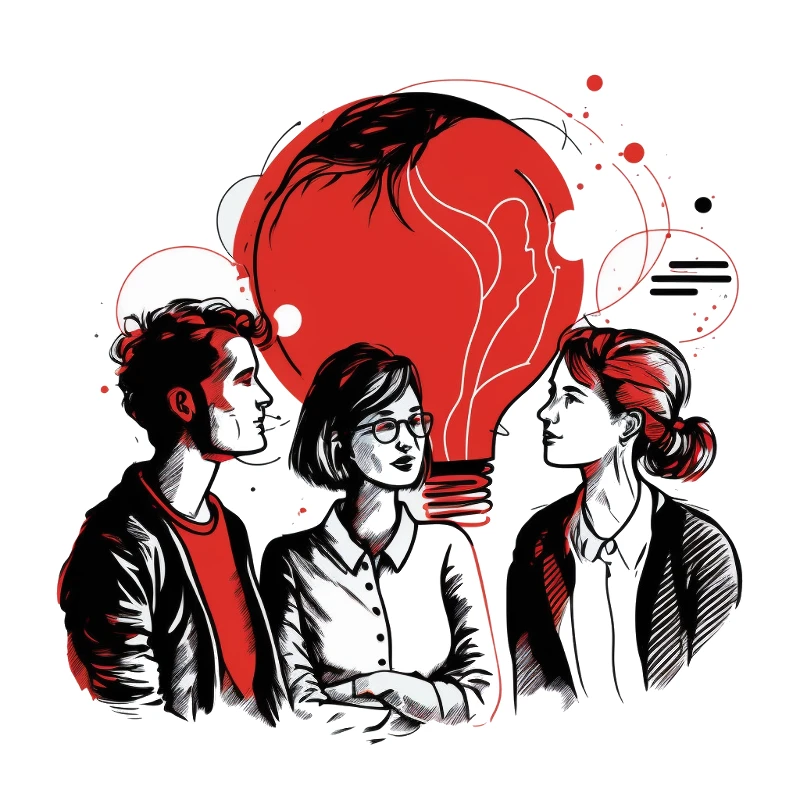
Attend a stellar lineup of keynote and invited lectures of internationally recognized researchers, learn about state-of-the-art, and get inspired.
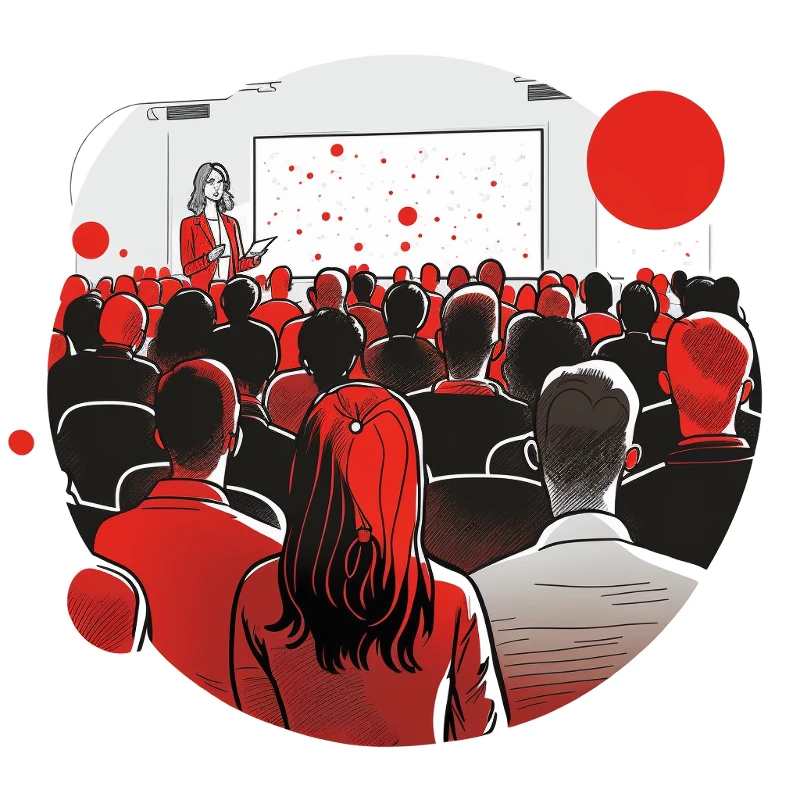
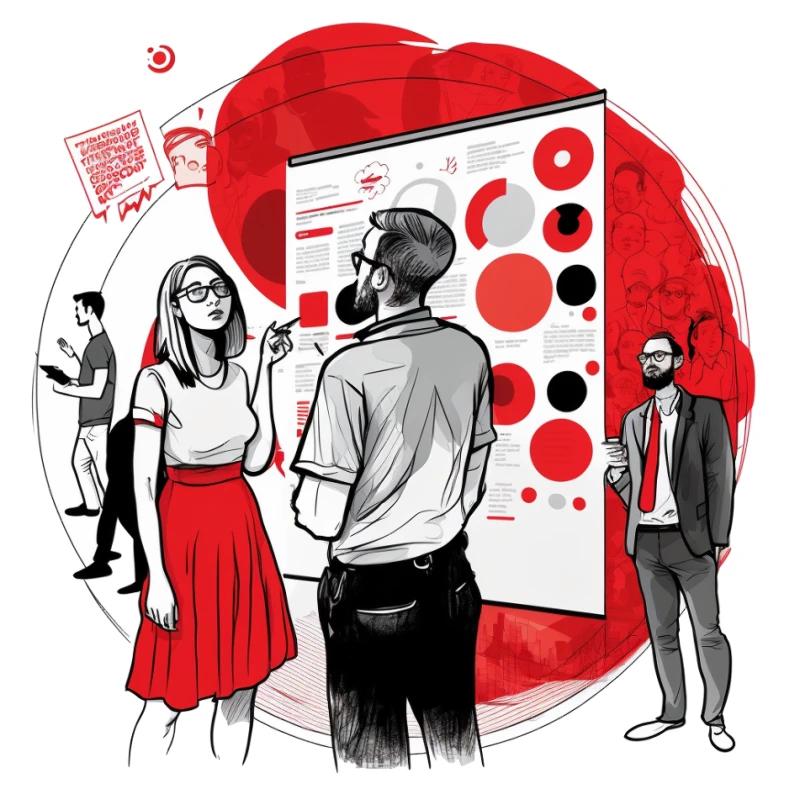
Take part in Call for Contributions and present your work as an engaging talk or as a captivating poster. All presenters get free entry to the conference.
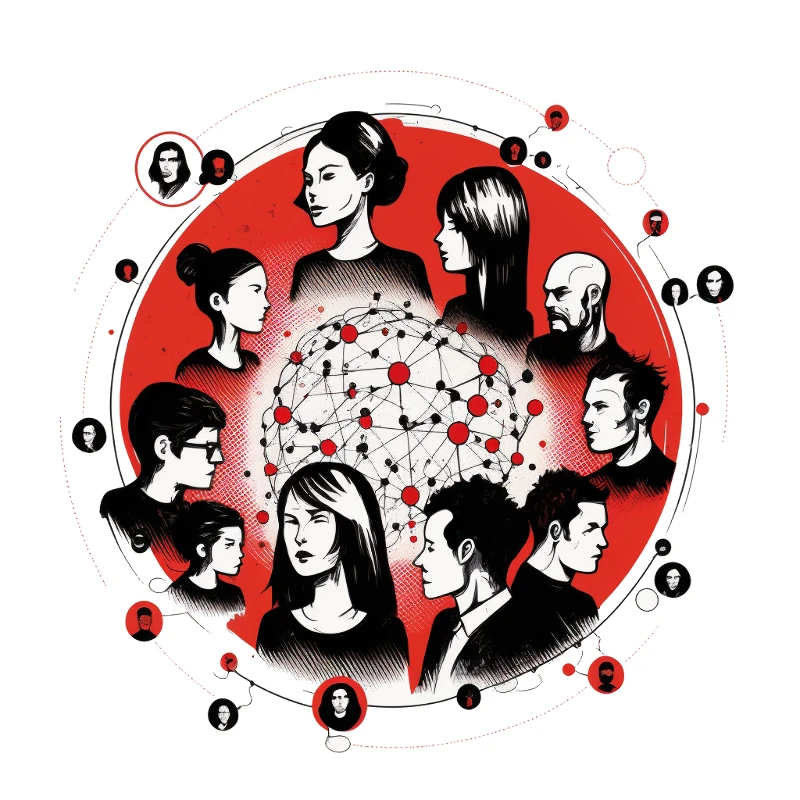

Experience a friendly and inclusive atmosphere. Engage in meaningful conversations and establish lasting connections with other machine learning enthusiasts.
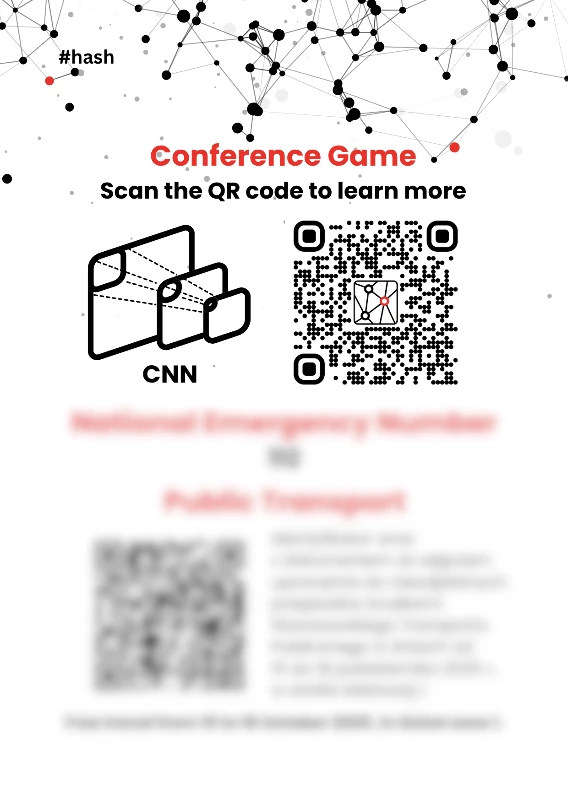
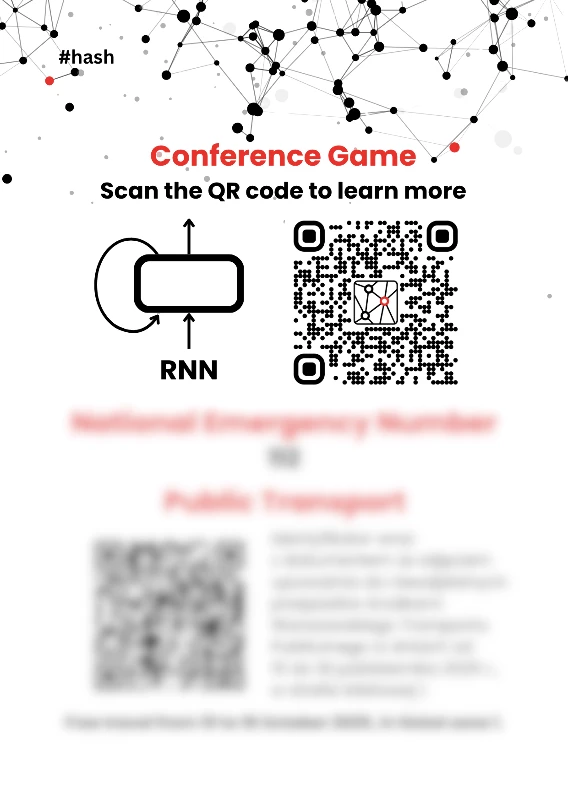
What are these symbols on the badges?
f(firstName, lastName) ∈ {CNN, RNN}
Join our conference game: engage with the other participants and sponsors, gather your dataset, and win prizes by discovering the hidden function behind the badge symbols!
We were very excited to invite all to submit proposals for contributed talks and posters for ML in PL Conference 2025!
This year we accepted 24 talks and 61 posters that were presented during the main conference, and also 12 tutorials that were held on the last day of the event. A list of talks, posters, and tutorials can be found in the full program of the conference.
Detailed descriptions of this year submission process are available both for the Call for Contributions and the Call for Tutorials.
The main ways of transport in Warsaw are buses, trams and metro. There are two ticket zones, but with very high probability, you will only use the public transport in the first zone.
This year registered conference participants can travel through the first zone in Warsaw for free!
The QR code on the badge is not a ticket — you don't need to scan it in buses and trams, it is only used to pass the metro gates. It will work 15 - 17 October. For 18 October, a separate QR code will be sent to you by email.
Free public transport for registered participants is provided thanks to the support of the Mayor of the Capital City of Warsaw.
Additional information about transport can be found in the conference booklet.
As in the previous years, the main conference is held at the remarkable Copernicus Science Centre in Warsaw, Poland.
The Centre, standing on the bank of the Vistula River is one of the largest science centres in Europe, containing over 450 interactive exhibits.
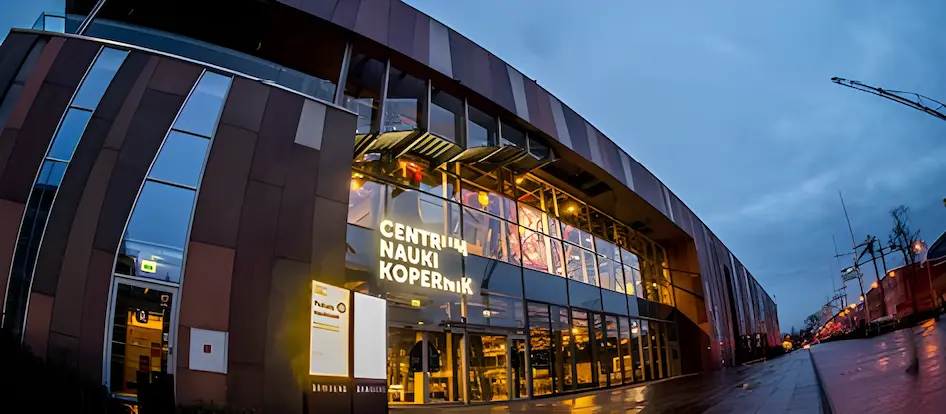
The tutorials are held at the Faculty of Mathematics, Informatics and Mechanics, University of Warsaw.
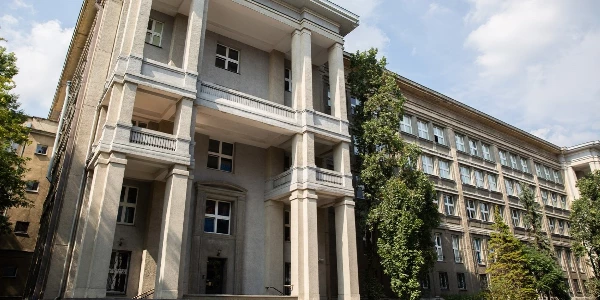
1 May
Call for Contributions (Talks, Posters, and Tutorials) and Early Bird applications open
31 July, 23:59 (AoE)
Deadline for Early Bird and Call for Contributions applications
8 August, 23:59 (AoE)
New deadline for Call for Contributions applications
15 August
Results of Call for Contributions and Early Bird applications / Early Bird ticket sales open
25 August, 18:00 CEST (GMT+2)
Regular tickets sales open
31 August
Early Bird ticket sales close
1 October, 18:00 CEST (GMT+2)
Late tickets and tutorials sales open
15 - 18 October
ML in PL Conference 2025
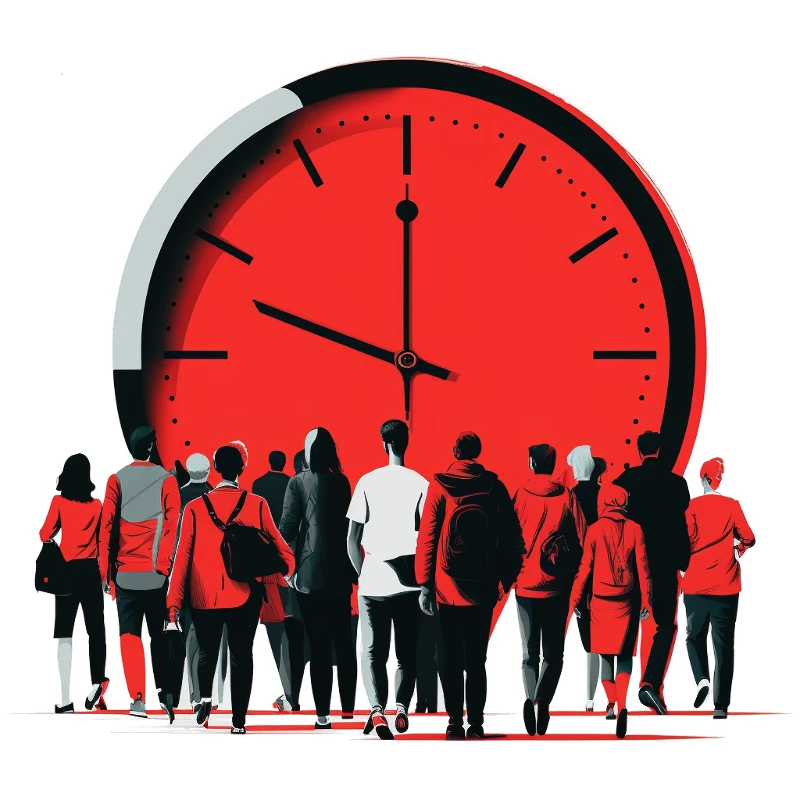
The conference is organized by a non-profit ML in PL Association. We are a group of young people who are determined to bring the best of Machine Learning to Central and Eastern Europe by creating a high-quality event for every ML enthusiast. Although we come from many different academic backgrounds, we are united by the common goal of spreading knowledge about the discipline.
Co-Project Leader
Co-Project Leader
Legal Team Coordinator
Finance Team Coordinator
Visual Identity Team Coordinator
Sponsors Team Coordinator
Speakers Team Coordinator
Special Ops Team Coordinator
Marketing Team Coordinator
Panel Team Coordinator
Speakers Team Coordinator
Website Team Coordinator
CfC + Tutorials Team Coordinator
Sponsors Team Coordinator
Panel Team
Marketing Team
Panel Team
Sponsors/Website Team
Sponsors Team
Special Ops Team
Speakers Team
Panel Team
Speakers Team
Special Ops Team
Marketing Team
Visual Identity Team
Sponsors Team
Finance Team
Visual Identity Team
Sponsors Team
Visual Identity Team
Special Ops Team
CfC + Tutorials Team
Finance Team
Speakers Team
Sponsors Team
Special Ops Team
Speakers Team
Sponsors Team
Finance Team
CfC + Tutorials Team
Sponsors Team
CfC + Tutorials Team
Sponsors Team
Speakers Team
Panel Team
Interested in joining our organization? Find out more.
We have invited a group of outstanding researchers and entrepreneurs to serve on the advisory board of the conference. We consult the event's program with them to guarantee the best scientific level.
Centre for Credible AI / University of Warsaw
"We are here to fix Al!" That's the central topic of Przemyslaw Biecek's research on the safety and explainability of artificial intelligence at the Warsaw University of Technology and the University of Warsaw. He leads the MI2.Al team conducting red-teaming of text and image models used in medicine, earth observation, or finance.
Pathway
Jan Chorowski is the CTO at Pathway building Live AI systems, underpinned by a proprietary real-time data processing engine and an AI framework. He received his M.Sc. degree in electrical engineering from Wrocław University of Technology and Ph.D. from University of Louisville. He has worked at the University of Wroclaw and has collaborated with several research teams, including Google Brain, Microsoft Research and Yoshua Bengio’s lab.
University of Warsaw / Nomagic
Marek Cygan is currently an associate professor at the University of Warsaw, leading a newly created Robot learning group, focused on robotic manipulation, reinforcement learning, computer vision and large language models. Additionally, Chief Al Officer and co-founder of Nomagic, a startup delivering smart pick-and-place robots for intralogistics applications. Earlier doing research in various branches of algorithms, with a background in competitive programming, having an ERC Starting grant on the subject.
Yahoo Research
Prior to joining Yahoo Research Krzysztof Dembczyński was an Assistant Professor at Poznan University of Technology (PUT), Poland. He has received his PhD degree in 2009 and Habilitation degree in 2018, both from PUT. During his PhD studies he was mainly working on preference learning and boosting-based decision rule algorithms. During his postdoc at Marburg University, Germany, he has started working on multi-target prediction problems with the main focus on multi-label classification. Currently, his main scientific activity concerns extreme classification, i.e., classification problems with an extremely large number of labels. His articles has been published at the premier conferences (ICML, NeurIPS, ECML) and in the leading journals (JMLR, MLJ, DAMI) in the field of machine learning. As a co-author he won the best paper award at ECAI 2012 and at ACML 2015. He serves as an Area Chair for ICML, NeurIPS, and ICLR, and as an Action Editor for MLJ.
New York University
Krzysztof Geras is an associate professor at NYU School of Medicine and an affiliated faculty at NYU Center for Data Science. His main interests are in unsupervised learning with neural networks, model compression, transfer learning, evaluation of machine learning models and applications of these techniques to medical imaging. He previously completed a postdoc at NYU with Kyunghyun Cho, a PhD at the University of Edinburgh with Charles Sutton and an MSc as a visiting student at the University of Edinburgh with Amos Storkey. His BSc is from the University of Warsaw. He also completed industrial internships in Microsoft Research (Redmond and Bellevue), Amazon (Berlin) and J.P. Morgan (London).
Molecule.one
Stanislaw Jastrzebski serves as the CTO and Chief Scientist at Molecule.one, a biotech startup in the drug discovery space. He is passionate about improving the fundamental aspects of deep learning and applying it to automate scientific discovery. He completed his postdoctoral training at New York University in deep learning. His PhD thesis was based on work on foundations of deep learning done during research visits at MILA (with Yoshua Bengio) and the University of Edinburgh (with Amos Storkey). He received his PhD from Jagiellonian University, advised by Jacek Tabor. Beyond academia, he gained industrial experience at Google, Microsoft and Palantir. In his scientific work, he has published at leading machine learning venues (NeurIPS, ICLR, ICML, JMLR, Nature SR). He is also actively contributing to the machine learning community as an Area Chair (most recently NeurIPS '23) and as an Action Editor for TMLR. At Molecule.one, he leads technical teams working on software for synthesis planning based on deep learning, public data sources, and experiments from a highly automated laboratory.
Poznan University of Technology
Agnieszka Ławrynowicz is an associate professor of AI and an experienced researcher in combining machine learning with symbolic approaches such as knowledge graphs. She is passionate about her work and continually seeks new ways to apply her knowledge to help solve real-world problems. She has led and participated in many R&D projects, including research in computational food, digital humanities, and social good. She enjoys things that are simple to use but elegant and creative.
Google Brain
Henryk Michalewski obtained his Ph.D. in Mathematics and Habilitation in Computer Science from the University of Warsaw. Henryk spent a semester in the Fields Institute, was a postdoc at the Ben Gurion University in Beer-Sheva and a visiting professor in the École normale supérieure de Lyon. He was working on topology, determinacy of games, logic and automata. Then he turned his interests to more practical games and wrote two papers on Morpion Solitaire. Presenting these papers at the IJCAI conference in 2015 he met researchers from DeepMind and discovered the budding field of deep reinforcement learning. This resulted in a series of papers including Learning from memory of Atari 2600, Hierarchical Reinforcement Learning with Parameters, Distributed Deep Reinforcement Learning: Learn how to play Atari games in 21 minutes and Reinforcement Learning of Theorem Proving.
University of Warsaw / Google
Piotr Miłoś is an Associate Professor at the University of Warsaw, a member of the ELLIS Society, and a Staff SWE at Google. He is interested in methods that deliver robust decision-making capabilities in complex scenarios. His work covers topics including continual learning, automated reasoning in mathematics, planning algorithms, and sequential modeling
DeepMind
Razvan Pascanu is a Research Scientist at Google DeepMind, London. He obtained a Ph.D. from the University of Montreal under the supervision of Yoshua Bengio. While in Montreal he was a core developer of Theano. Razvan is also one of the organizers of the Eastern European Summer School. He has a wide range of interests around deep learning including optimization, RNNs, meta-learning and graph neural networks.
DeepMind
Viorica Patraucean is a research scientist in DeepMind. She obtained her PhD from University of Toulouse on probabilistic models for low-level image processing. She then carried out postdoctoral work at Ecole Polytechnique Paris and University of Cambridge, on processing of images, videos, and point-clouds. Her main research interests revolve around efficient vision systems, with a focus on deep video models. She is one of the main organisers of EEML summer school and has served as program committee member for top Computer Vision and Machine Learning conferences.
IDEAS Research Institute / University of Warsaw
Piotr Sankowski is a Polish computer scientist. In 2005, he received a doctorate in computer science, and in 2009, habilitation computer science and a doctorate in physics. He completed post-doctoral internships at ETH Zurich and at “Sapienza” University in Rome. He is an author of 100 publications in Computer Science and 20 in Physics. His research achievements include several important contributions to: optimization and algorithms. He is the first Pole to have received four European Research Council grants: Starting Grant (2010), Proof of Concept Grant (2015), Consolidator Grant (2017) and Proof of Concept Grant (2023). In the years 2021-2024, he was CEO of IDEAS NCBR, a new research and development center operating in the field of artificial intelligence and digital economy. Right now he is acting director of Research Institute IDEAS. In 2015-2021, he was CEO of a spin-out company MIM Solutions (http://mim-solutions.pl). Currently, he is acting as Chief Scientific Advisor. This spin-out has been created as a result of his first ERC PoC project and aims at commercializing algorithmic market modeling. In 2021, the company started to work on two of its own Femtech products which are commercialized under the MIM Fertility brand. Furthermore, MIM Solutions was included into Deloitte Technology Fast 50 CE and EMEA Technology Fast 500 Winners. Finally, from 2023, MIM Solutions serves on the Business Advisory Board for the EU Global Gateway strategy.
Helmholtz Center Munich / University of Warsaw
Ewa Szczurek is the director of the Institute of AI for Health, Helmholtz Center Munich, Germany and associate professor at the Faculty of Mathematics, Informatics and Mechanics at the University of Warsaw, Poland. She leads joint Munich-Warsaw lab, developing AI methods and applying them to medicine and biology.
Jagiellonian University (GMUM)
Jacek Tabor in his scientific work deals with broadly understood machine learning, in particular with deep generative models. He is also a member of the GMUM group (gmum.net) aimed at popularization and development of machine learning methods in Cracow.
Tooploox / IDEAS Research Institute
Tomasz Trzciński (DSc, WUT'20; PhD, EPFL'14; MSc, UPC/PoliTo'10) is a Full Professor at Warsaw University of Technology, where he leads a Computer Vision Lab. He is a Chief Scientist at Tooploox and also a Deputy Director of IDEAS Research Institute, a publicly-funded Polish center for AI. He was an Associate Professor at Jagiellonian University of Krakow in years 2020-2023, and a Visiting Scholar at Stanford University in 2017 and at Nanyang Technological University in 2019. Previously, he worked at Google in 2013, Qualcomm in 2012 and Telefónica in 2010. He frequently serves as a reviewer and area chair in major computer science conferences (CVPR, ICCV, ECCV, NeurIPS, ICML) and journals (TPAMI, IJCV, CVIU). He is a Senior Member of IEEE, member of ELLIS Society and director of ELLIS Unit Warsaw, member of the ALICE Collaboration at CERN and an expert of National Science Centre and Foundation for Polish Science.
If you have any question about the event don't hesitate to contact us by email or via our social media: